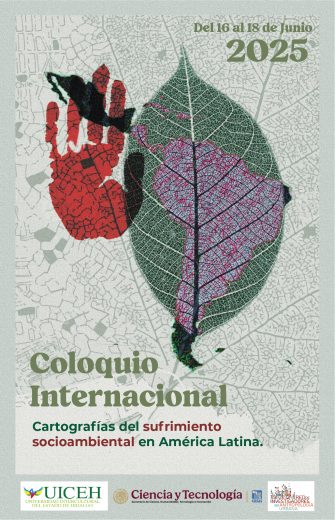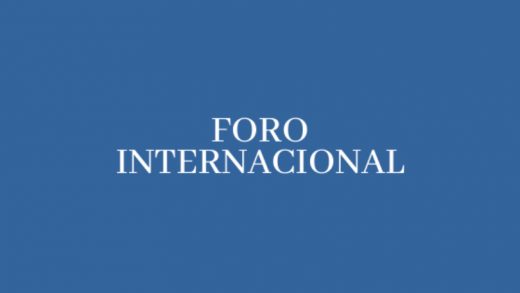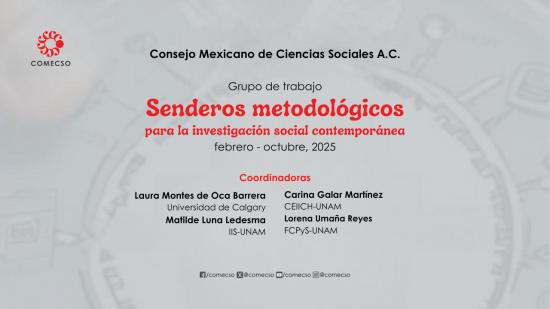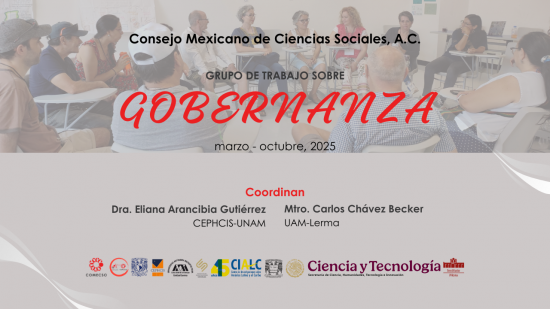Global sociology and the coronavirus
The coronavirus has brought science back to the centre, including in countries where populist leaders used to delegitimize it. Epidemiologists, medical doctors and biologists bring us hard facts: the pandemic progresses every day; it is far worse than a “strong flu” and takes thousands of lives on all continents. Social scientists have come up with facts that are as hard and as unquestionable: while the virus itself is a biological agent that may infect each of us, we are deeply unequal when confronted to it. Public health policies and social inequalities matter at least as much as the way our bodies react to it when it comes to the virus’ deadly consequences. They have shown that the COVID-19 pandemic is not only a sanitary crisis. It is also a social and political crisis, and should be treated as a moment of rupture that will bring major change in our lives, our societies and our world. While often sidelined by policy makers, social sciences contributions in dealing with the coronavirus pandemic have been as important as, and in many ways complementary to, hard sciences.
Since the beginning of the pandemic, we have indeed witnessed a strong comeback of the nation-state in all realms. States have closed their borders, and citizens turn to their national government for protection, care and guidelines. International institutions have vanished in the global crisis, including the UN and the European Union, and international solidarity has suffered one of its strongest declines in recent history. Social sciences are no exception in this matter. Methodological nationalism has surged. Most contributions have built on national data and focus on public debates at the national scale.
At the International Sociological Association (ISA), we believe that a global sociology is needed to better understand the urgent challenges we face in times of pandemic, gather successful experiences, warn on threats and think about the world that will emerge out of this global crisis. Such a global perspective should not yield to “methodological globalism” and be limited to macro-analyses. On the contrary, we intend fostering dialogue among social scientists from all continents and combine analyses at the local, national, regional and global scales. The aim of this ISA website is thus to gather critical analyses and perspectives from different standpoints and from all continents, to foster dialogue among the community of sociologists and to point to their contributions in dealing with the challenges raised by the COVID-19 pandemic and the way it paves the way for alternative futures that may come out of it. We will gather international webinars and series of texts set by the ISA, by our Research Committees, Working Groups or Thematic Groups and by our National Sociological Associations.
View publications and call for papers
Te puede interesar

Publicaciones del COMECSO
Roberto Holguín Carrillo - Ene 08, 2025Este espacio reúne la gran mayoría de la producción editorial de nuestra asociación. A lo largo de casi cinco décadas,…

Historia del Cine: La comedia en blanco y negro (1930-1960)
Laura Gutiérrez - Abr 04, 20251) Título de la actividad académica: Curso Historia del Cine: La comedia en blanco y negro (1930-1960). Antecedentes. La comedia…

Cartografías del sufrimiento socioambiental en América Latina
Laura Gutiérrez - Abr 04, 2025Coloquio Internacional Cartografías del sufrimiento socioambiental en América Latina Del 16 al 18 de junio de 2025 Modalidad virtual Presentación…

Foro Internacional, vol. LXV, núm. 2
Laura Gutiérrez - Abr 04, 2025Foro Internacionales una revista académica publicada por el Centro de Estudios Internacionales de El Colegio de México. Fundada en 1960…










